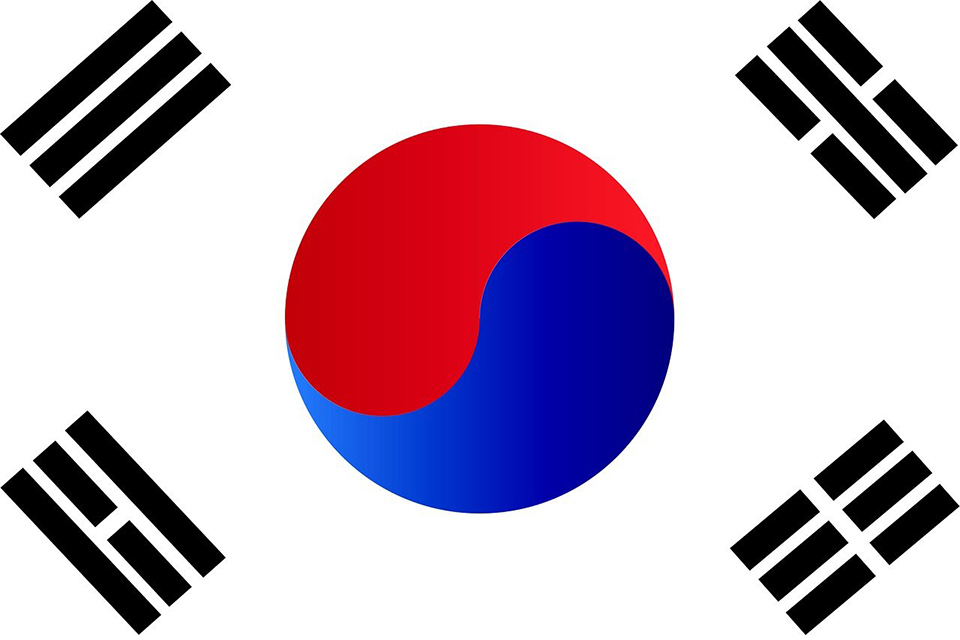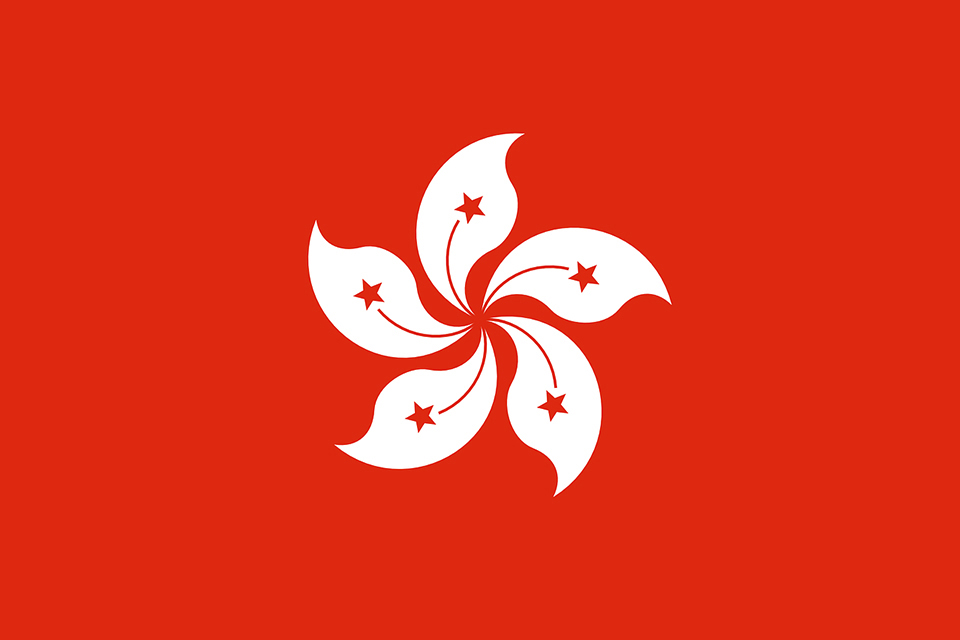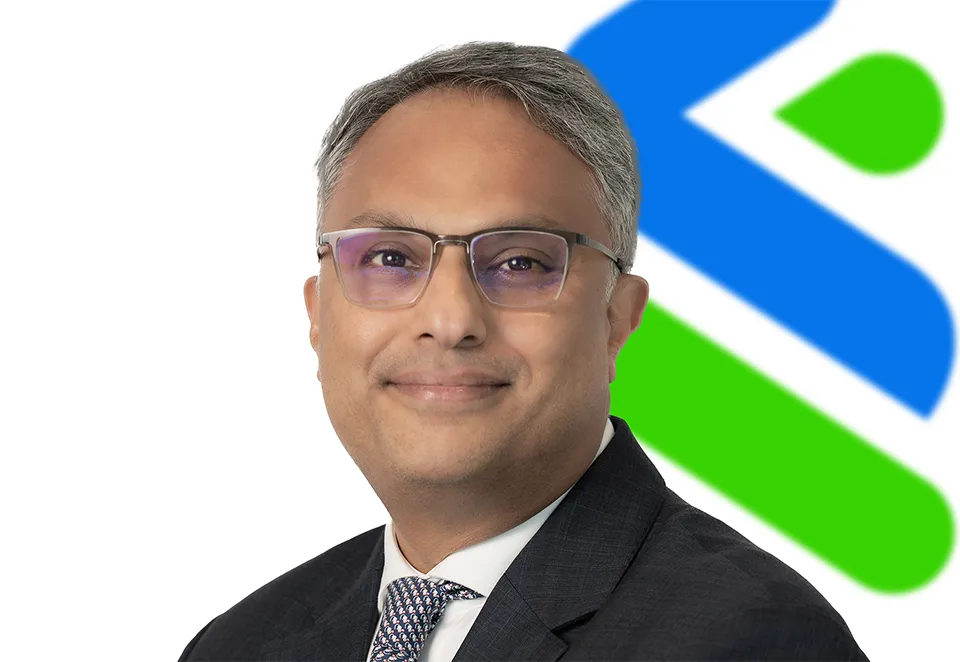Standard Chartered
Best international bank for SMEs in the Greater Bay Area 2025: Standard Chartered

Greater Bay Area Awards

The world’s best bank for securities services 2025: Standard Chartered

Awards for Excellence
The world’s best Islamic bank 2025: Standard Chartered Saadiq

Islamic Finance Awards
Asia’s best Islamic digital bank 2025: Standard Chartered Saadiq

Islamic Finance Awards

Private banking awards national winners 2025: UK

Private Banking Awards

Private banking awards national winners 2025: Korea

Private Banking Awards

Best international bank for the Wealth Management Connect: Standard Chartered

Greater Bay Area Awards

Best international bank for SMEs in the Greater Bay Area: Standard Chartered

Greater Bay Area Awards

Awards for Excellence: Best digital bank in Hong Kong – Standard Chartered

Awards for Excellence


